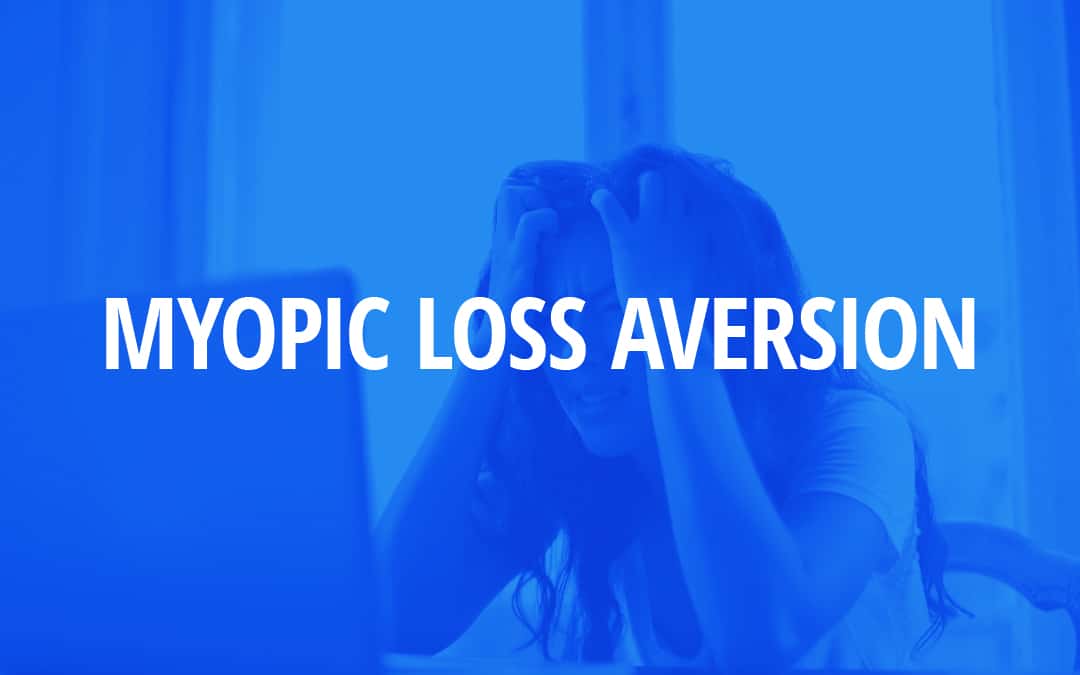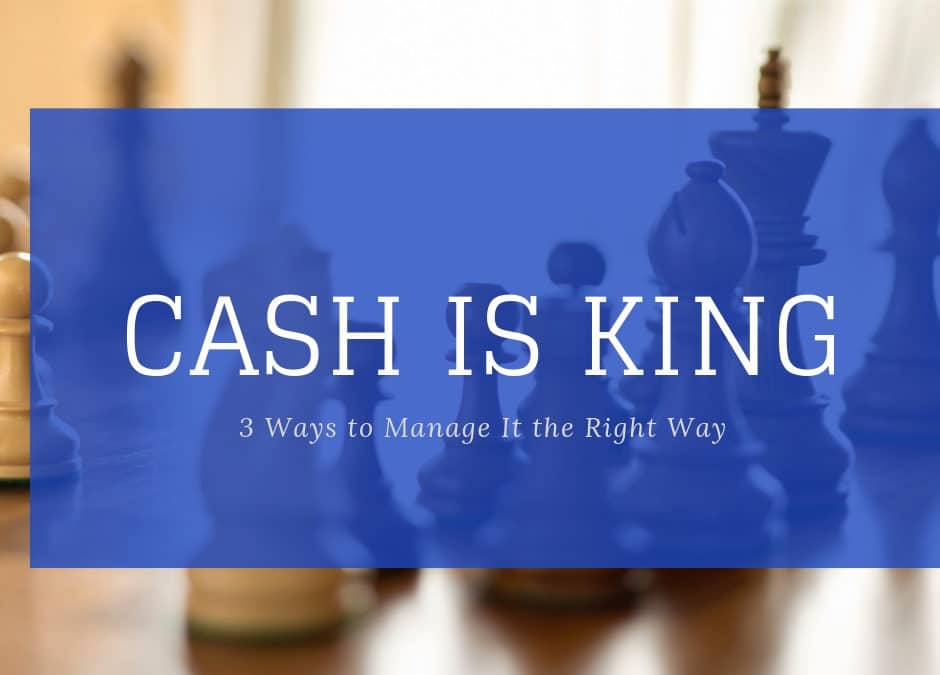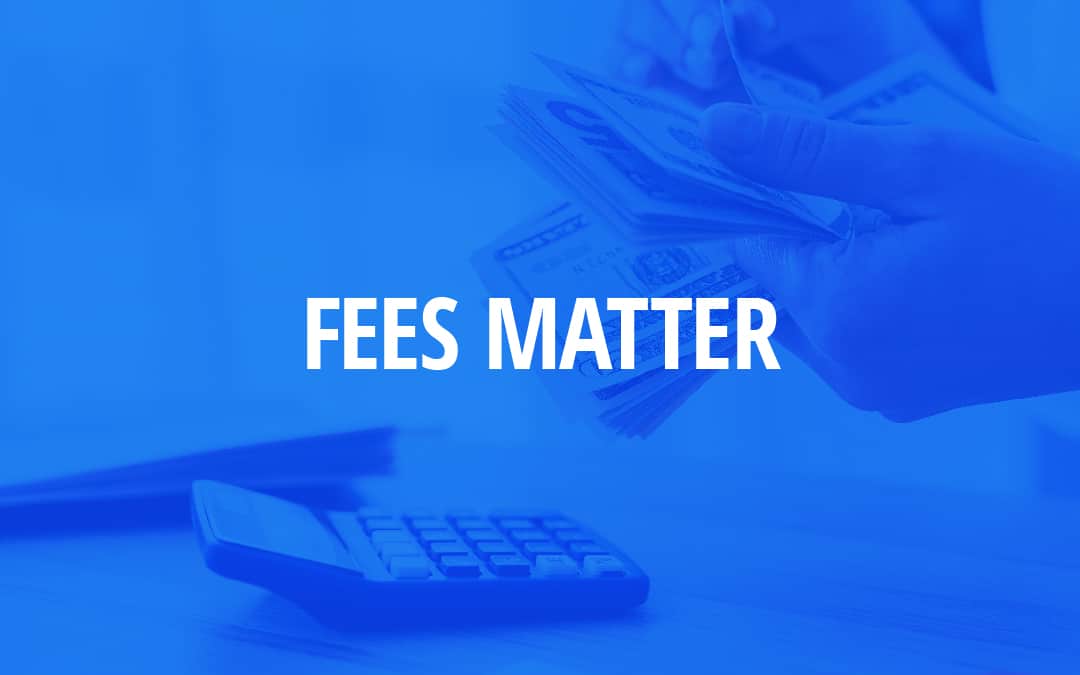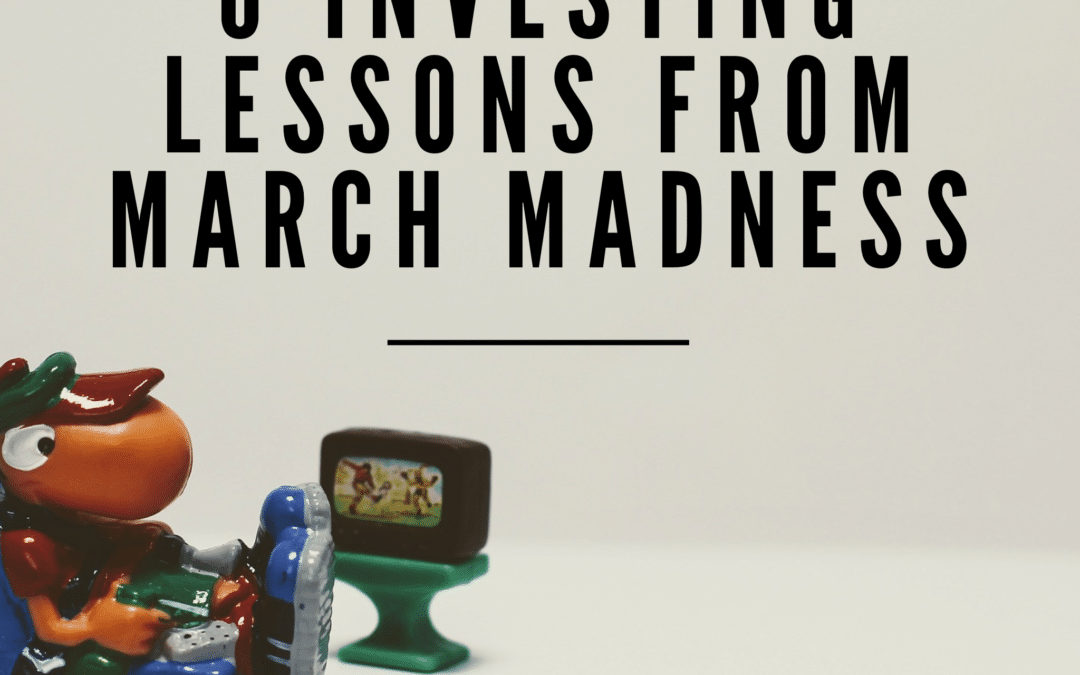
Myopic Loss Aversion
The Digital Age has made access to stock market data and real-time portfolio values increasingly easy, but it causes investors to lose sight of the big picture. Myopic loss aversion is the idea that the more we evaluate our portfolios, the higher our chance of seeing a loss and, thus, the more susceptible we are to loss aversion.

Cash is King: 3 Ways to Manage It the Right Way
People say that cash is king, but they don’t give their cash the royal treatment it deserves.
The biggest mistake people make is having too big a cash balance in their primary banking account. Since cash loses its purchasing power over time, efficient use of cash is a crucial piece of your financial plan. Here are three ways to manage it the right way.

The 3 Best Uses For Your Tax Refund
Windfalls like a tax refund provide some of the best opportunities to make permanent improvements to your finances. Here are 3 ways to put your refund to the best use.

Do You Have a Bad 401(k) Plan? Here’s How to Tell
While classifying a retirement plan as “good” or “bad” is partly a matter of opinion, there are several items that you can objectively evaluate to determine if you have a bad 401(k) plan.

My First Money Lesson
In school, you are given a lesson then a test. In life, you are given a test and then you learn a lesson – money lessons can be expensive.

Fees Matter
People are more aware of fees than ever, but they still don’t give fees as much weight in their decisions as they do past performance, which is ironic because investment fees are a strong predictor of future returns.

6 Investing Lessons From March Madness
Filling out a bracket for the NCAA basketball tournament reminds me so much of investing because it balances expertise, future expectations, risk, and reward. Winning also requires a healthy dose of luck along the way.
There are six lessons from March Madness that we can apply to the world of investing.

To Add or Not To Add?
Each additional factor you add to a portfolio comes with a diminishing marginal benefit, which lowers the probability that the benefits will outweigh the costs. As a result, you must carefully weigh the expected net benefits versus the degree of uncertainty.

Confirmation Bias
There isn’t anything wrong with reviewing evidence that supports your investment philosophy, but a significant portion of your efforts should be dedicated to looking for evidence that conflicts with your way of thinking.

Assessing Risk Tolerance
Building the perfect portfolio doesn’t matter one bit if it doesn’t align with your willingness and ability to take risk. Evaluating your own risk tolerance is difficult for individuals because of the emotions that are intertwined with investing.
Get A Free Financial Wellness Assessment
Take our assessment and quickly learn specific areas of your finances you should focus on to build and protect your wealth.

Peter Lazaroff, CFA, CFP® is Plancorp’s Chief Investment Officer, a financial advisor, speaker, and author of the book Making Money Simple.















